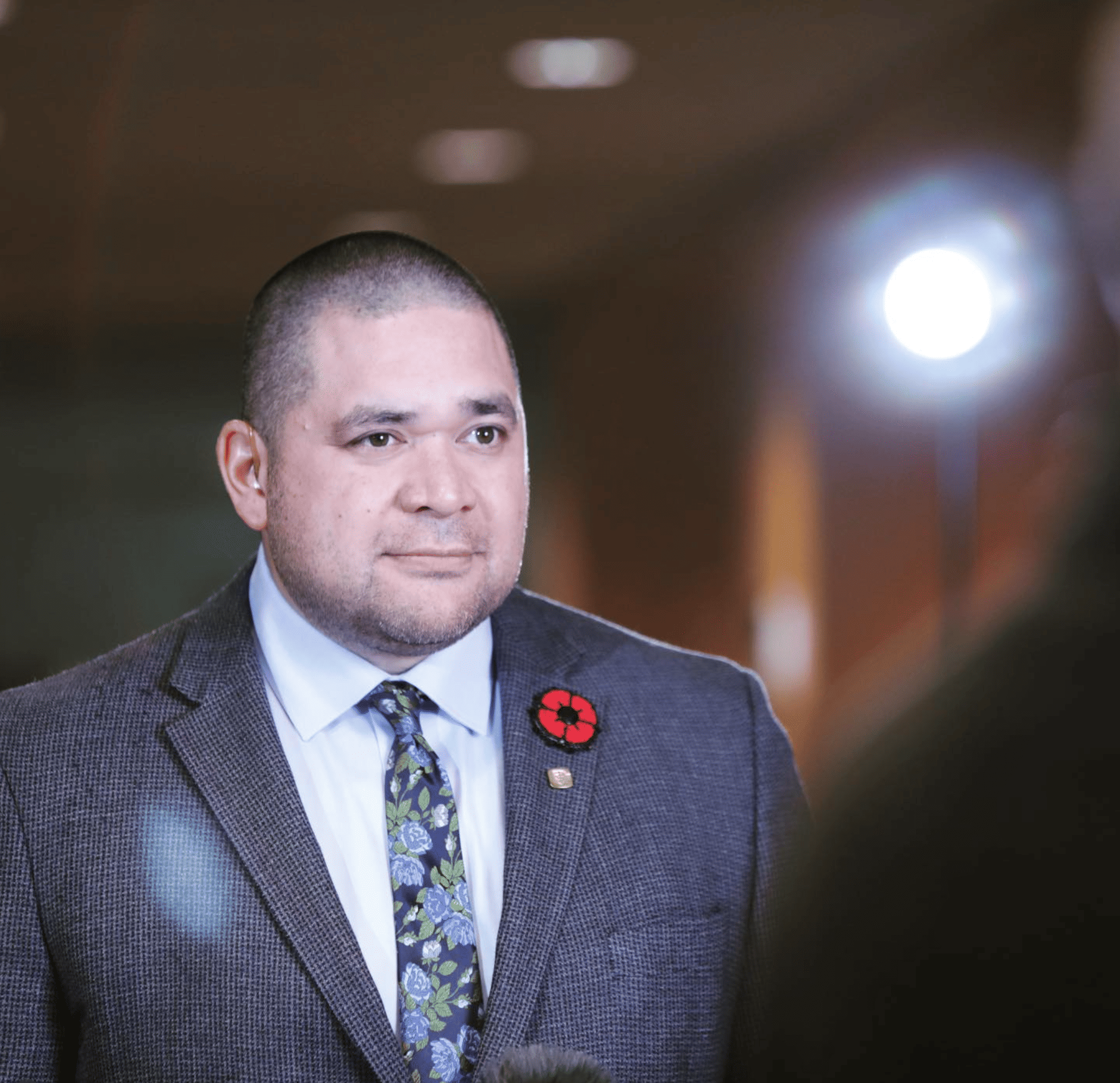Plenary: There’s No Going Back: Practicing Medicine in a Time of Instability
Objective:
At the conclusion of this activity, participants will be able to:
1. Describe the main forces that are reshaping medicine today, including cost pressures, new technology, patient expectations, role changes, and workforce shortages.
2. Explain why the health system can no longer return to how it was before, and why this creates turbulence for physicians and learners.
3. Examine how these pressures are showing up in day-to-day practice, particularly in rural and community settings.
4. Apply practical strategies to adapt to current instability and influence the direction of change in their own work.
Description:
Medicine is changing quickly — and there’s no going back to the way things were. Rising patient expectations, new technologies that often shift rather than save time, entrenched cost-cutting, shifting roles for allied health providers, and workforce shortages are all converging to create instability across the system.
For many physicians, this feels like being pulled into fast-moving water with no clear way forward. This session will help participants recognize the forces driving this turbulence, see why the “old normal” isn’t coming back, and explore what these shifts mean in daily practice. Through real-world examples, we will look at how disruption shows up in rural, community, and training environments.
Attendees will leave with practical ways to adapt, regain a sense of agency, and help shape what comes next for themselves, their patients, and their communities.

Bio:
Dr. Alika Lafontaine is an anesthesiologist and national health leader recognized for advancing change in the midst of system instability. Named Maclean’s Top Health Care Innovator of 2023 and one of The Medical Post’s 50 Most Powerful Doctors, he made history in 2022 as the first Indigenous and youngest physician to serve as President of the Canadian Medical Association (CMA). His leadership has been widely recognized with honours such as Canada’s “Top 40 Under 40,” the Indspire Award, and the Public Policy Forum’s Emerging Indigenous Leader Award.
During his tenure as CMA President, Canada secured its largest federal health investment since 2004, achieved breakthrough reforms in physician mobility, and laid the foundation for greater national collaboration on health data and workforce planning. He also led the CMA in adopting a long-term Indigenous health goal and delivering its first apology for the mistreatment of Indigenous patients — a process he continues to support as Indigenous Advisor in Residence.
Earlier in his career, Dr. Lafontaine co-led the Indigenous Health Alliance, representing more than 150 First Nations and successfully advocating for $68 million in funding for health transformation. He also founded Safespace Networks, an anonymous platform that helps patients and providers safely report racism and harm in health care.
He continues to practice as a rural Anesthesiologist in northern Alberta.
